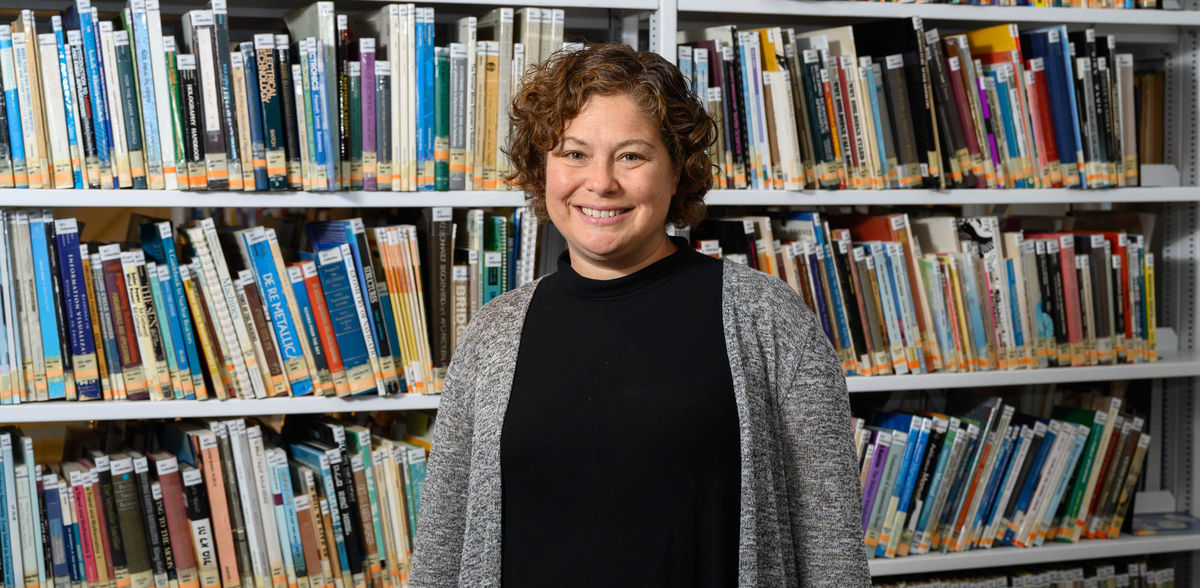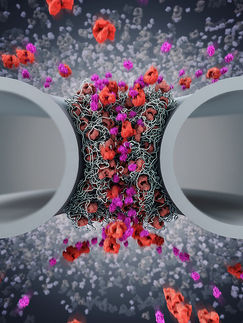Otto Warburg Medal 2026 awarded to Maya Schuldiner
Advertisement
In recognition of her fundamental contributions to the understanding of the targeting process of proteins to organelles and the discovery of several contact sites of organelles, Prof. Maya Schuldiner will be awarded the Otto Warburg Medal 2026 of the Society for biochemistry and molecular biology.
Since 1963, the German Society for Biochemistry and Molecular Biology (GBM) has been awarding the Otto Warburg Medal to outstanding scientists for their lifetime scientific achievements. Prof. Maya Schuldiner, Professor at the Weizman Institute of Science (Rehovot, Israel), was selected as the recipient of the Otto Warburg Medal 2026. She is internationally recognised for her work in the field of yeast genetics, which has contributed to our understanding of cellular organization and the mechanisms regulating protein transport in eukaryotic cells. The prize is endowed with 25,000 euros and will be conferred at the 77th Mosbach Colloquium of the GBM, on March 27, 2026.
Professor Maya Schuldiner, a leading molecular geneticist at the Weizmann Institute of Science, has transformed our understanding of how cells organize and transport their essential components, earning international recognition for discoveries that bridge fundamental science and human disease. Her research centres on the systematic uncovering of functions for uncharacterized proteins, primarily utilizing yeast as a model organism.
Professor Schuldiner's groundbreaking research has revealed new pathways for how proteins find their way to specific cellular compartments. Professor Schuldiner's work challenged a fundamental paradigm in cell biology by discovering the first contact sites between organelles that do not involve the ER. Her studies have dramatically increased the number of known organelle contact sites, characterized the tethers that form them, and identified regulators as well as the molecules transported at contact sites. Her discoveries have opened new avenues for understanding cellular dysfunction in disease.
To enable systematic exploration of cellular processes, Professor Schuldiner pioneered innovative research tools including SWAT and MultiCLEM technology. With the SWAp-Tag (SWAT) approach, Schuldiner’s group created a collection of modified strains that covers most of the yeast genome that is available to the research community. Maya Schuldiner played a central role in the invention of MultiCLEM,a novel screening technique for correlative light and electron microscopy to screen for cellular phenotypes at electron microscopy resolution.
Professor Schuldiner has published extensively and received several prestigious awards, including the European Molecular Biology Organization (EMBO) Gold Medal, the Jean Vance Prize, and the Ira Herskowitz Award and the Federation of European Biochemical Societies (FEBS) National and Anniversary Prizes and the FEBS Buchner Award. Her work, supported by three European Research Council grants, continues to reveal the sophisticated complexity of cellular organization and provides crucial insights into cellular function and dysfunction.
Professor Schuldiner earned her doctorate from the Hebrew University of Jerusalem. After her postdoctoral stay at the University of California in San Francisco in the US, she joined the Weizmann Institute of Sciences, Rehovot, Israel where she became Dr. Gilbert Omenn und Martha Darling Professor of Molecular Genetics. She is a full Professor at the Weizmann Institute since 2020. She is a member of prestigious academies such as the German Leopoldina and EMBO.
The Otto Warburg Medal is considered one of the highest awards in the fields of biochemistry and molecular biology in Germany. Since 1963, it has been awarded annually by the GBM to deserving bioscientists. The awardees include several Nobel Prize winners, such as Emmanuelle Charpentier, Randy Schekman, James Rothman and Kurt Wüthrich.























































